Publish the exam results of A level and GCSE candidates studying independently, says national not-for-profit distance learning college

Now this year’s A level and GCSE results have been published and the detailed analysis of grade trends is well underway, education charity the National Extension College (NEC) is calling on all the exam boards in England, Wales and Northern Ireland to publish the exam results of candidates studying independently alongside the results of young people at school or college.
An estimated 50,000 people each year, most of them adults who missed out at school, take A levels and GCSEs under their own steam, sitting the exams as so-called private candidates. To education charities like the National Extension College, the Open University and the Workers’ Education Association, people who want a second chance at learning have always mattered. But this year, there are more reasons than ever for hard-working and motivated second-chance learners not to be overlooked when exam success is celebrated.
NEC Chief Executive, Dr Ros Morpeth OBE, explains: ‘Increasingly, second-chance learning doesn’t just make a difference to individual lives and families. It makes a difference at national level too. The UK needs to increase skills levels so that there are enough people to fill the 15 million skilled jobs on offer when Britain leaves the European Union. Access to qualifications matters to the longer term viability of the UK’s publicly funded health and education provision, because people going into teaching and nursing as a second career need GCSEs and A levels. As universities work to halt the steep decline in the number of mature students in higher education, they need to be able to signpost candidates lacking appropriate qualification to flexible provision.’
Daniel Zeichner, MP for Cambridge said: ‘The National Extension College, the Open University and the Workers’ Education Association are 20th century successors to the Mechanics’ Institutes established in the early years of the 19th century to give working people a second chance at learning. In the 21st century, it’s time to give the public examination achievements of adults equal weight to those of young people by publishing the results of all candidates, regardless of where and how they studied.’




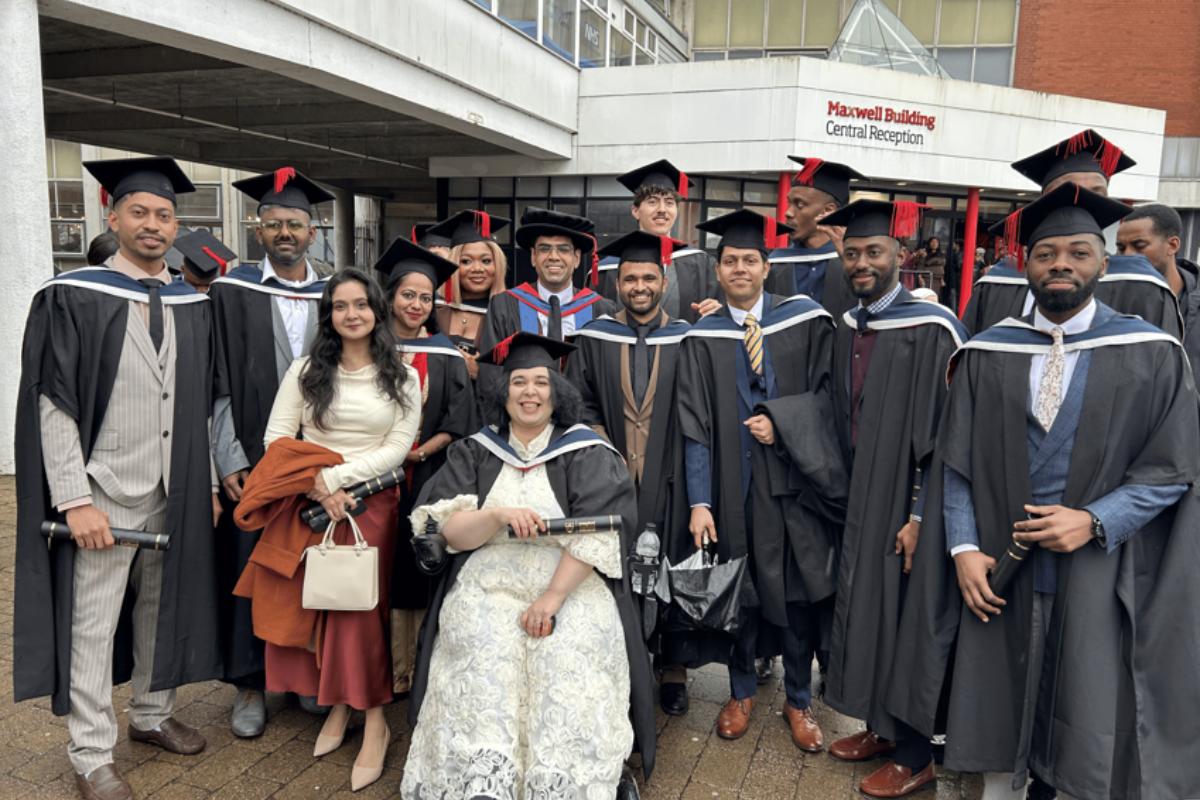
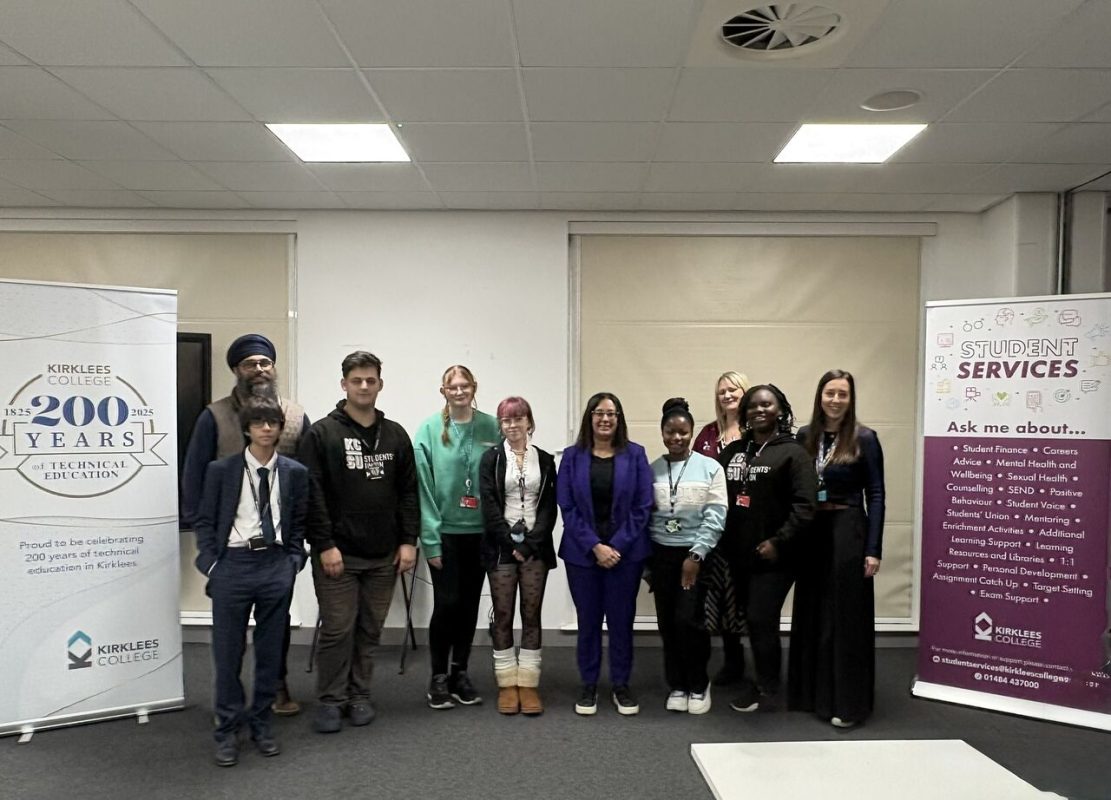
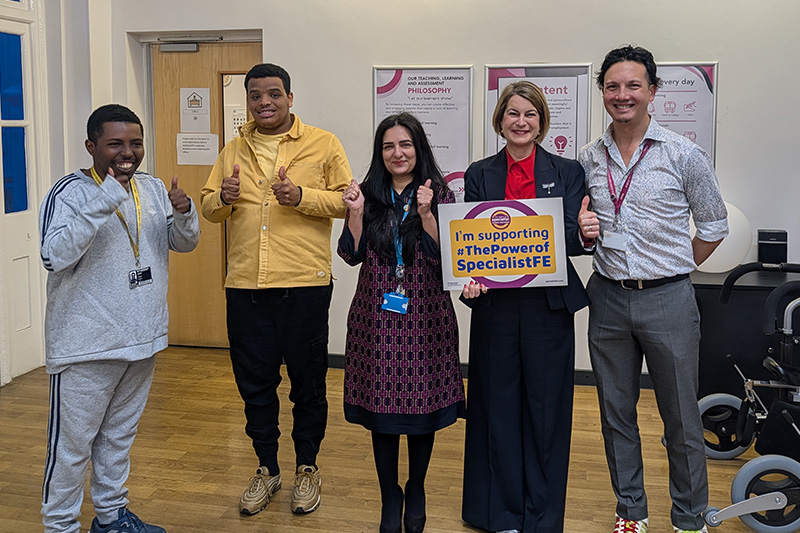
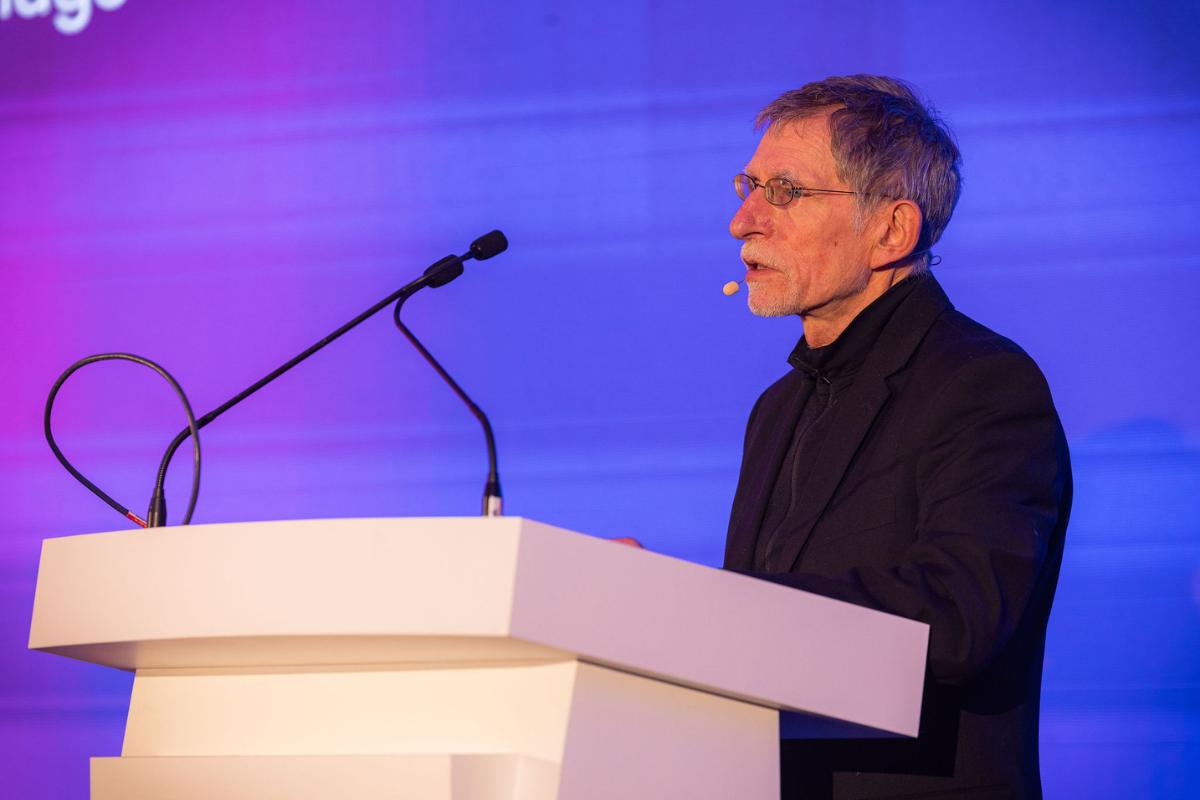
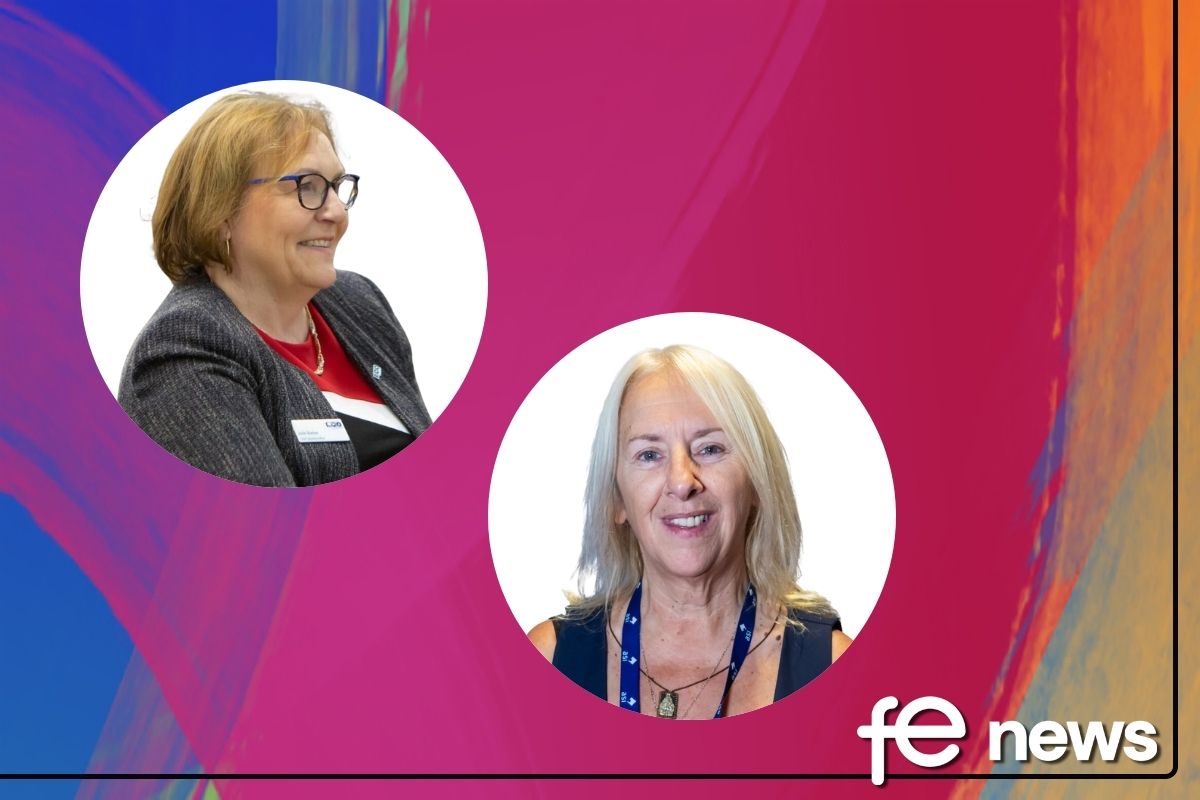
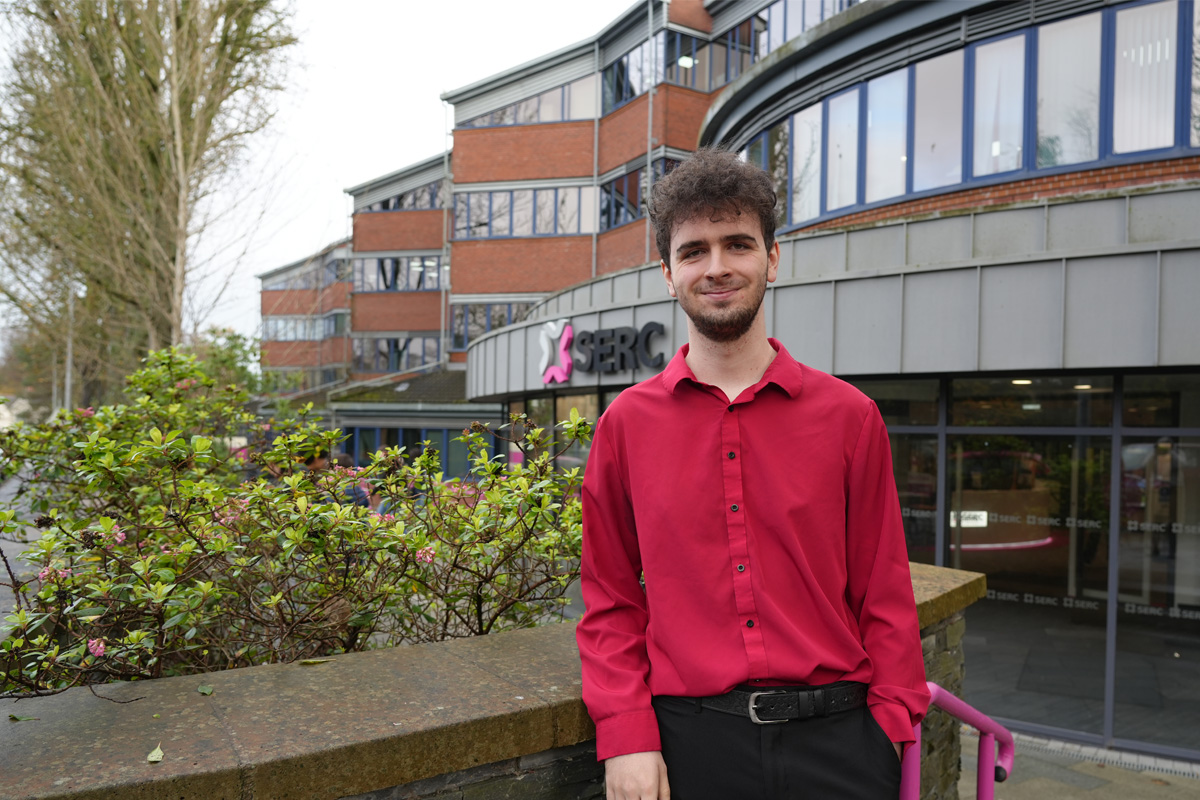
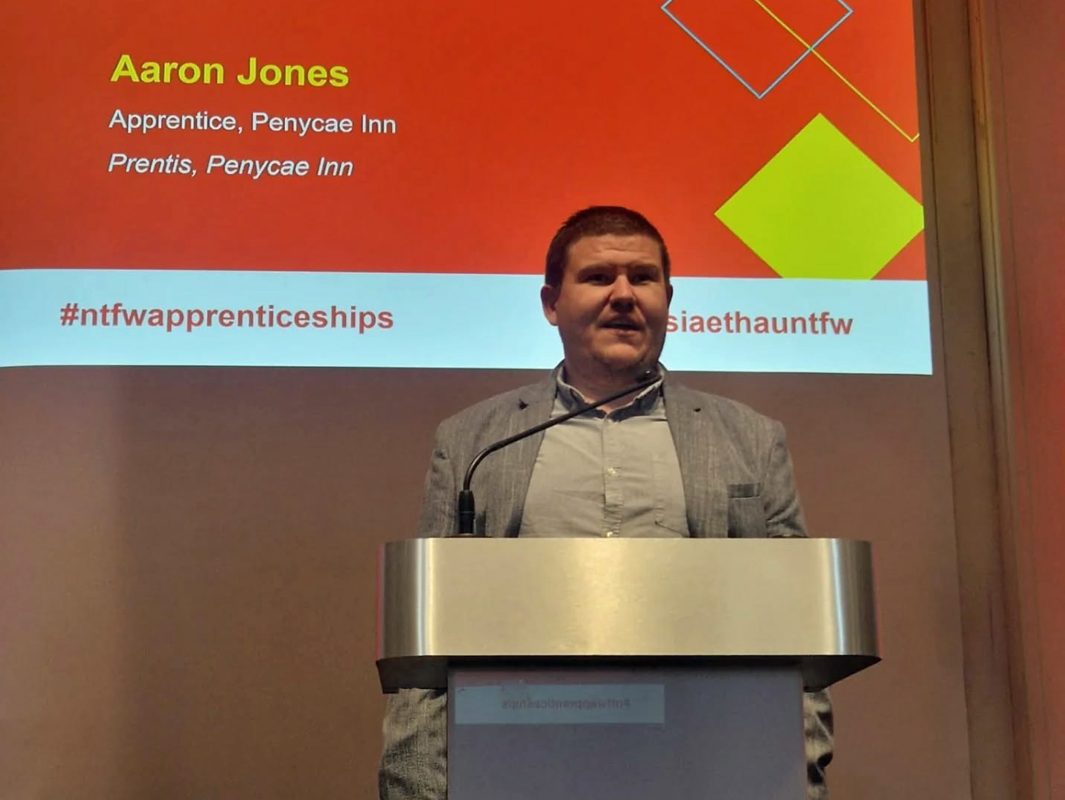
Responses